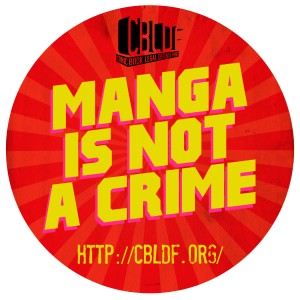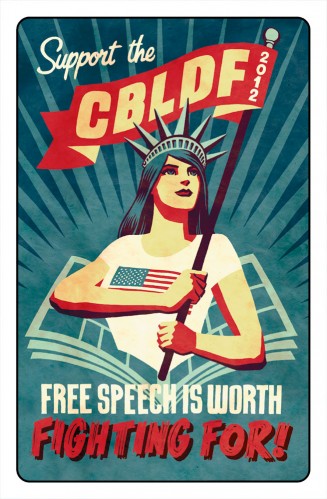 This week, the American Library Association’s Office of Intellectual Freedom released their list of the Top Ten Most Frequently Challenged Books of 2011. The second-most challenged book on that list was The Color of Earth, a critically-acclaimed Korean manwha, or comic book, series. In spite of numerous positive reviews from Booklist, Publishers Weekly, the School Library Journal, and other outlets that praise the book as “richly literate and imaginative” (Booklist) and “a work of great humanity” (Publishers Weekly), the coming-of-age tale is challenged due to nudity, sexual content, and suitability for age group.
This week, the American Library Association’s Office of Intellectual Freedom released their list of the Top Ten Most Frequently Challenged Books of 2011. The second-most challenged book on that list was The Color of Earth, a critically-acclaimed Korean manwha, or comic book, series. In spite of numerous positive reviews from Booklist, Publishers Weekly, the School Library Journal, and other outlets that praise the book as “richly literate and imaginative” (Booklist) and “a work of great humanity” (Publishers Weekly), the coming-of-age tale is challenged due to nudity, sexual content, and suitability for age group.
CBLDF is an official sponsor of Banned Books Week, which will occur this September 30 – October 6. Banned Books Week is dedicated to “celebrating the freedom to read and the importance of the First Amendment.” CBLDF is currently creating tools for retailers and librarians to raise awareness of important challenged and banned comics and graphic novels during this year’s 30th Anniversary Banned Books Week Celebration. To get a headstart on the festivities, please check out the CBLDF Rewards Zone, where we have items such as our I Read Banned Comics t-shirt available to help raise money for this important program.
Click through for more on the story…
 Last week,
Last week, 